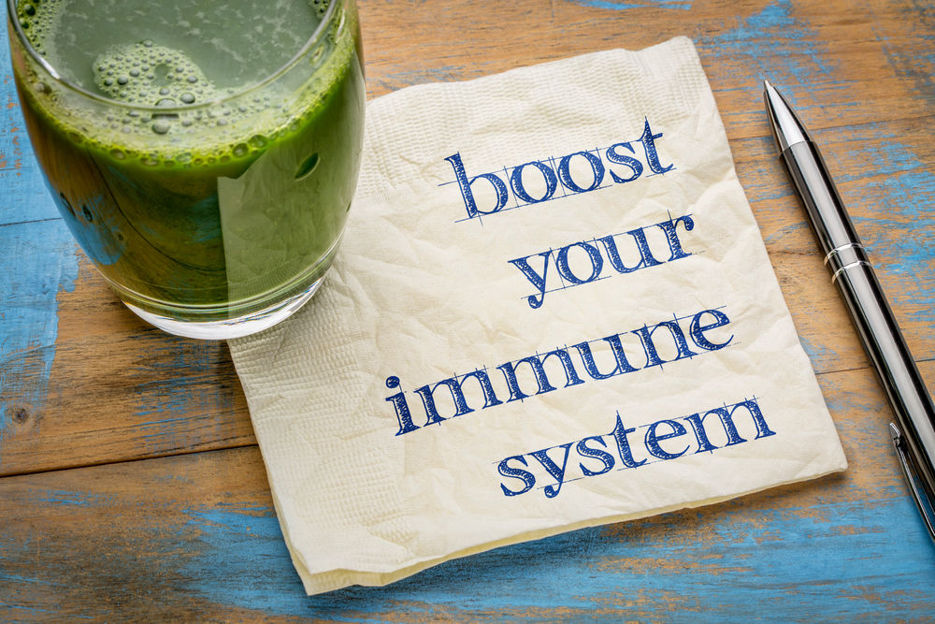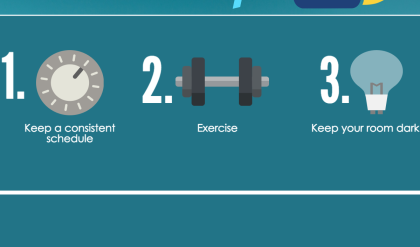
Boost Your Immunity Naturally: 3 Powerful Strategies for a Stronger You
In today’s fast-paced world, maintaining a robust immune system is paramount. While pharmaceutical interventions exist, harnessing the power of nature offers a holistic and sustainable path to bolstering your body’s natural defenses. This article explores three powerful, natural strategies to fortify your immunity and cultivate a healthier, more resilient you. We’ll move beyond the usual platitudes and delve into the science behind these effective approaches.
1. The Power Plate: Nutrient-Rich Foods for Immune Fortification
Your immune system is a complex orchestra, and its instruments require the right fuel. Forget fad diets; the key lies in a diverse, nutrient-rich diet. This isn’t about restriction, but about strategic selection of foods that provide the building blocks for a thriving immune response.
Macronutrients: The Foundation of Immunity
Focus on these essential elements:
- Protein: The cornerstone of immune cell production. Lean meats, fish, beans, lentils, and tofu are excellent sources.
- Healthy Fats: Essential for cell membrane function and hormone production. Embrace avocados, nuts, seeds, and olive oil.
- Complex Carbohydrates: Provide sustained energy for immune function. Opt for whole grains, fruits, and vegetables.
Micronutrients: The Immune System’s Superstars
These vitamins and minerals are crucial players in immune response:
| Nutrient | Benefits | Food Sources |
|---|---|---|
| Vitamin C | Antioxidant, boosts white blood cell production | Citrus fruits, berries, peppers |
| Vitamin D | Regulates immune response, reduces inflammation | Sunlight, fatty fish, egg yolks |
| Zinc | Essential for immune cell function | Oysters, nuts, seeds, legumes |
Beyond these, consider incorporating a wide array of colorful fruits and vegetables to maximize your intake of various phytonutrients – plant compounds with potent antioxidant and anti-inflammatory properties.
2. The Movement Medicine: Exercise’s Immune-Boosting Effects
Exercise isn’t just about physical fitness; it’s a potent immune modulator. Regular physical activity enhances immune cell circulation, improves lymphatic drainage (crucial for waste removal), and reduces chronic inflammation – a major contributor to immune dysfunction.
The sweet spot lies in moderate-intensity exercise, such as brisk walking, cycling, or swimming. Aim for at least 30 minutes most days of the week. Don’t push yourself too hard, especially if you’re starting; consistency is key. Listen to your body and rest when needed.
3. The Mind-Body Connection: Stress Management for Immune Resilience
Chronic stress significantly weakens the immune system. The constant release of stress hormones like cortisol suppresses immune cell activity, making you more susceptible to illness. Effective stress management is therefore crucial for immune health.
Explore techniques such as:
- Mindfulness Meditation: Reduces stress hormones and promotes relaxation.
- Deep Breathing Exercises: Calms the nervous system and improves oxygenation.
- Yoga: Combines physical activity with mindfulness, reducing stress and improving flexibility.
- Spending Time in Nature: A natural stress reliever with proven immune-boosting effects.
Prioritizing sleep is equally important. Aim for 7-9 hours of quality sleep per night, as this is when your body repairs and regenerates, including your immune system.
Conclusion: A Holistic Approach to a Stronger Immune System
Building a robust immune system isn’t a quick fix; it’s a lifestyle choice. By integrating these three powerful strategies – a nutrient-rich diet, regular exercise, and effective stress management – you can significantly enhance your body’s natural defenses and cultivate a stronger, healthier you. Remember, consistency and a holistic approach are paramount to long-term immune resilience.

Additional Information
Boost Your Immunity Naturally: A Deeper Dive into Three Powerful Strategies
The concept of “boosting immunity” naturally is alluring, promising a path to better health without reliance on pharmaceuticals. While no single strategy guarantees immunity against all ailments, a holistic approach incorporating the three key pillars – diet, lifestyle, and stress management – offers a robust foundation for enhancing immune function. This analysis delves deeper into each strategy, providing a nuanced understanding of their mechanisms and limitations.
1. Dietary Strategies: Beyond Vitamins and Minerals
While consuming sufficient vitamins (particularly Vitamin C, D, and A) and minerals (zinc, selenium) is crucial, a superficial understanding of dietary immunity-boosting stops short. The true power lies in the complexity of the gut microbiome and the anti-inflammatory properties of specific foods.
-
Gut Microbiome Modulation: The gut harbors trillions of microorganisms significantly influencing immune development and function. A diverse and balanced microbiome, rich in beneficial bacteria (probiotics) like Lactobacillus and Bifidobacterium, is key. This is achieved not just through probiotic supplementation but primarily through a diet rich in prebiotics – fibers that feed these beneficial bacteria. Studies consistently demonstrate a link between gut dysbiosis (imbalance) and increased susceptibility to infections. For example, a 2019 study in Nature Medicine showed that individuals with a less diverse gut microbiome were more prone to influenza infection. Furthermore, diets high in processed foods, sugar, and saturated fats negatively impact gut microbiome diversity, indirectly weakening immunity.
-
Anti-inflammatory Foods: Chronic inflammation is a silent assailant undermining immune function. A diet rich in anti-inflammatory foods like fruits (berries are particularly rich in antioxidants), vegetables (leafy greens, cruciferous vegetables), whole grains, and fatty fish (rich in Omega-3 fatty acids) can significantly mitigate this risk. Omega-3 fatty acids, for instance, have been shown to modulate immune cell activity, reducing the risk of excessive inflammation. Conversely, diets high in pro-inflammatory foods, like red meat and processed foods, can exacerbate inflammation and impair immune responses.
2. Lifestyle Choices: The Power of Sleep, Exercise, and Avoidance
Lifestyle factors are often overlooked despite their profound impact on immunity.
-
Sleep Deprivation’s Toll: Adequate sleep is paramount for immune function. During sleep, the body releases cytokines, proteins that mediate and regulate inflammation and immunity. Chronic sleep deprivation reduces cytokine production, making the body more vulnerable to infections. Studies have shown that individuals who sleep less than 7 hours per night have a significantly higher risk of developing common colds.
-
Exercise: A Double-Edged Sword: Regular moderate-intensity exercise boosts immune function by enhancing circulation, promoting lymphocyte activity (immune cells), and reducing stress hormones. However, excessive or strenuous exercise can temporarily suppress immune function, leading to an increased susceptibility to illness, highlighting the importance of balance.
-
Avoidance of Harmful Substances: Smoking significantly impairs immune function, increasing susceptibility to respiratory infections and other diseases. Alcohol consumption in excess also has detrimental effects, weakening immune responses. Avoiding these substances is crucial for maintaining optimal immune health.
3. Stress Management: The Mind-Body Connection
Chronic stress significantly weakens the immune system. Prolonged activation of the hypothalamic-pituitary-adrenal (HPA) axis leads to the release of cortisol, a hormone that suppresses immune function.
-
Stress Reduction Techniques: Practicing stress-reduction techniques such as mindfulness meditation, yoga, deep breathing exercises, and spending time in nature has been shown to improve immune function by reducing cortisol levels and enhancing parasympathetic nervous system activity. Studies have shown that mindfulness-based stress reduction programs can significantly improve immune markers in individuals experiencing chronic stress.
-
Social Support: Strong social connections and a supportive social network provide a buffer against stress and contribute to better mental and physical health, indirectly benefiting immune function.
Conclusion:
Boosting immunity naturally is not a quick fix but a holistic journey requiring a multi-pronged approach. The three strategies—diet, lifestyle, and stress management—are interconnected and mutually reinforcing. While individual responses vary, a consistent and balanced approach encompassing these pillars offers a substantial foundation for enhancing immune function and overall well-being. It is vital to consult healthcare professionals for personalized advice, especially for individuals with pre-existing health conditions. Further research is needed to fully elucidate the complex interplay between these factors and the immune system, but the evidence clearly supports the significant role of these natural strategies in bolstering immune resilience.






